Children go through phases of all kinds including sleeping changes (sleeping more, less, no longer sleeping alone), changes in appetite, wanting to spend more time with a parent, avoiding school, not wanting to play a sport they have always loved, and even being more grumpy then usual. But when do we know that this is not just a passing phase and is a sign or symptom of something bigger? To be honest it can be difficult to know, but one idea is to think back to when you first realized the change was happening and think about if something may have triggered these changes. Was there a schedule change at work, meaning you are no longer home at 6 every day or can’t drop the kids off at school? Did a friend leave their sports team, did they watch a scary movie, or did something unsettling happen at in the community or in the world that might be talked about at school? Was there a substitute teacher at school for an extended period of time? All these seemingly little events can cause disruption in the life of your child. Even simple disruptions can create anxiety in a child.
The second thing to do is think about how long has this behavior been present. Has it been a few days, weeks, months? A phase is usually going to happen for a short period of time and then fade out. If a problematic behavior has been going on for more than a few weeks without change and attempts have been made to change the behavior, something bigger may be going on. This is not to say it is a sign of a serious condition but that it may be time to seek outside help. A counselor can help your child develop new ways to express and cope with their thoughts and feelings.
Remember all behavior serves a purpose. We, as the adults, have to figure out what need is being served by this behavior as well as to help our children find better ways to meet that need.

